| Theme: | Act now, not later: "Charting the Voyage" |
| Date and time: | Tuesday June 13, 2023 |
| Location: | Openbare Bibliotheek Amsterdam (OBA) Congres, Oosterdokskade 143, 1011 DK, Amsterdam |
| 10:00 - 10:30 | Walk in with coffee and tea |
| 10:30 - 10:35 | Welcome by Chris van 't Hof |
| 10:35 - 11:15 | Ward van der Schoot (TNO) & Marc Stevens (CWI Cryptology Group): |
| The PQC Migration Handbook
(abstract) (slides)
Abstract:
The urgency to migrate to PQC is clear, and the required solutions are ready to be implemented.
This begs the question: how do organisations implement these solutions in practice?
AIVD, CWI and TNO have developed a handbook bridging this gap between urgency and technology.
Central in the handbook are the so-called PQC personas, which offer a way of giving advice tailored to each organisation specifically.
By containing both general strategies as well as detailed action steps, the handbook forms an excellent stepping stone towards starting the PQC migration.
| |
| 11:15 - 11:50 | Sterre: |
| Use of Cryptography in Operational Technology
(abstract) (slides)
Abstract:
Making your IT quantum safe is hard? Try OT!
For good reasons, Operational Technology (OT) needs to be quantum safe.
A lot is being said on PQC migration for your IT environment.
Unfortunately, not all recommendations that are given for IT migrations hold for OT migrations due to their differences.
This talk will first cover a short introduction on OT and why it differs from IT,
the use of cryptography in OT and how to get to a quantum safe OT environment.
Last, two research projects on quantum safe OT will be discussed.
| |
| 11:50 - 12:35 | Maurice Heymann (Continental) & Ayoub Mars (Elektrobit): |
| Post-Quantum Cryptography for Automotive
(abstract) (slides)
Abstract:
This talk will introduce automotive cybersecurity regulation and how it relates to the quantum threat,
showing the migration urgency to quantum safe for all what relates to product lifecycle in the automotive sector.
The talk will cover security in vehicle and ECU levels, the use of cryptography in selected use-cases and the associated requirements.
We will share PQC migration challenges in the automotive sector.
Finally, we will present a demonstrator showing runtime differences between PQC and classical cryptographic algorithms implementation on an automotive SoC.
| |
| 12:35 - 13:30 | Lunch |
| 13:30 - 14:30 | Stefan Kölbl (Google): |
| Post-quantum Cryptography at Google
(abstract) (slides)
Abstract:
Google is actively involved in the development and deployment of post-quantum cryptography (PQC).
In this talk, we will share our perspective on the migration to PQC, including our priorities, our challenges, and our progress.
As an example we will show how we transitioned Google’s internal protocol for transport layer security (ALTS) to use post-quantum cryptography.
We will also discuss how carefully designed cryptographic libraries can enable cryptographic agility and ease the migration to PQC.
By sharing our perspective on the migration, we hope to help others to prepare for this important transition.
| |
| 14:30 - 15:10 | Frans van Dorsselaer (Fox Crypto): |
| Production ready XMSS
(abstract) (slides)
Abstract:
A production ready XMSS library was developed under the Dutch "National Crypto Strategy" (NCS),
aiming to speed up the development of first class information security products,
stimulating R&D in the crypto field, and strengthening collaboration between government, companies and academia.
The library has been published online, free for all to use, on https://github.com/FoxCryptoNL/xmss.
Fox Crypto has developed the library with several practical scenarios in mind.
This led to corresponding design decisions as well as the addition of novel security ideas.
These will be presented in detail.
| |
| 15:10 - 15:25 | Break |
| 15:25 - 15:55 | Panel discussion |
| 15:55 - 16:00 | Wrap up |
| 16:00 - | Drinks and bites |
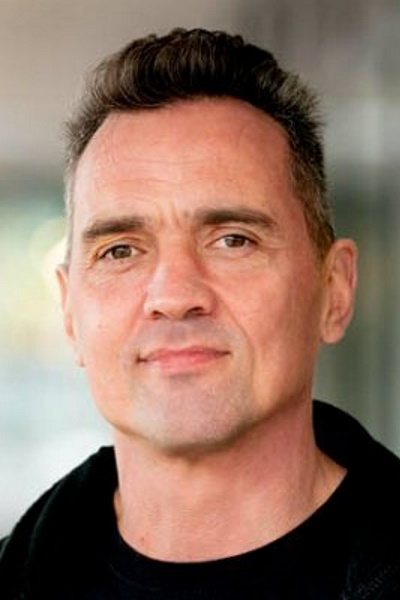 |
Chris van 't Hof Chris van ’t Hof is an independent researcher, writer and presenter in information technology. With his background in both electrical engineering and sociology, he analyses the interaction between human and electronic networks. With his company Tek Tok, he makes complicated matters in science and technology fun. Since January 2022, he is director of DIVD, the Dutch Institute for Vulnerability Disclosure. |
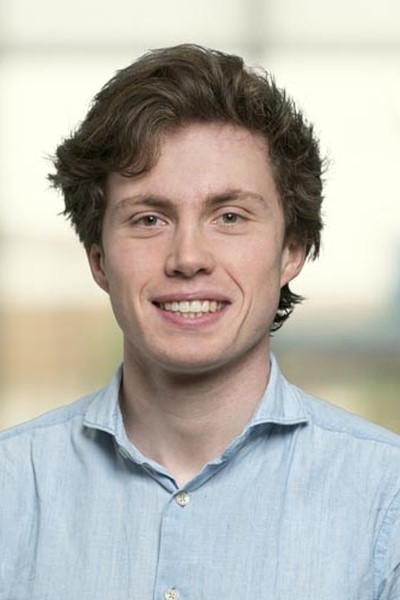 |
Ward van der Schoot Ward van der Schoot is a scientist in Quantum Applications & Security at TNO. His research focusses on the potential applications of quantum computers, as well as ways of mitigating their threats through post-quantum cryptography. |
|
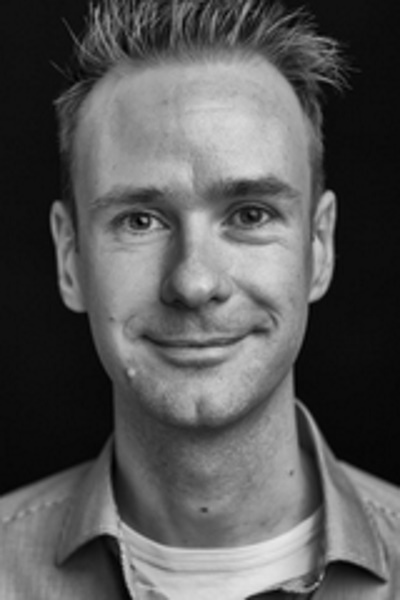 |
Marc Stevens Marc Stevens is researcher at the Cryptology Group at CWI. His research focuses on cryptanalysis of hash functions and post-quantum cryptography. |
|
 |
Sterre Sterre is advisor at the Dutch Government. |
|
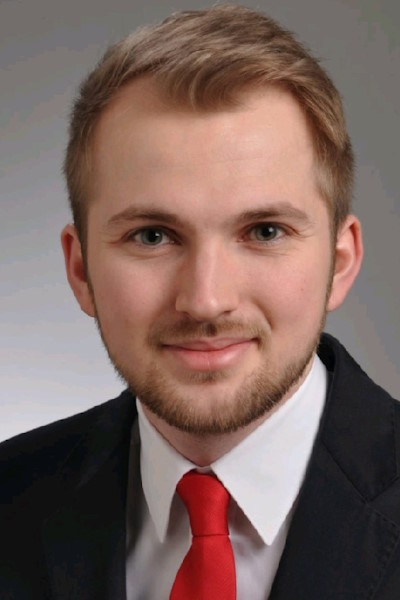 |
Maurice Heymann Maurice Heymann works at Continental as an Applied Researcher focusing on Applied Cryptography within the Product Cybersecurity Office. |
|
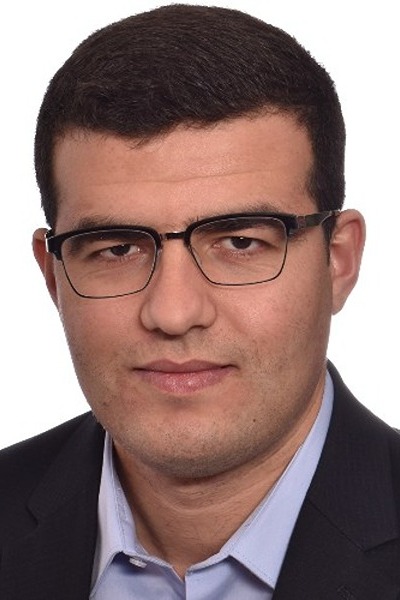 |
Ayoub Mars Ayoub is a senior cybersecurity expert at Elektrobit, Germany. He received his Dr.-Ing. degree in Electrical and Computer Engineering from the Technical University of Braunschweig, Germany. His research focusses on cryptography, embedded security, and automotive cybersecurity. |
|
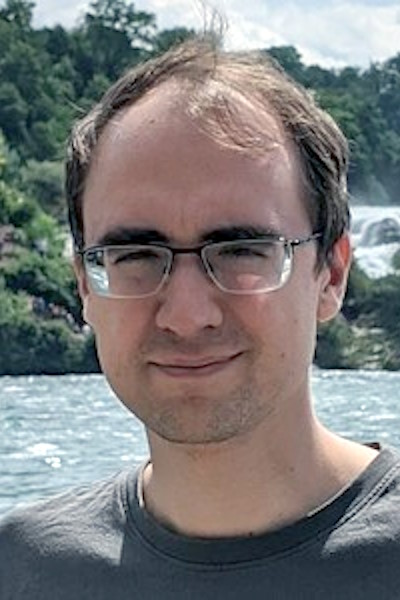 |
Stefan Kölbl Stefan is a staff security engineer and cryptographer at Google, Switzerland. He is responsible for the cryptographic library Tink, security reviews, and cryptographic consultations across all product areas, with a focus on guiding Google’s transition to post-quantum cryptography. Stefan co-designed several cryptographic algorithms, including SPHINCS+ (winner of the NIST PQC competition) and Skinny (ISO/IEC 18033-7). He received his Ph.D. from the Technical University of Denmark in 2016. His area of research deals with the design and analysis of symmetric key cryptographic algorithms. |
|
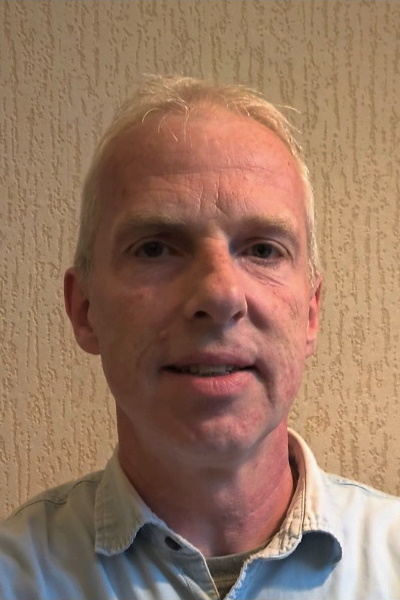 |
Frans Van Dorsselaer Frans is Principal Architect at Fox Crypto. Fox Crypto develops high assurance products that protect top secret information against the highest level of attackers, including APTs such as state actors with a high knowledge level and virtually unlimited resources. Their solutions also focus on physical attacks, where attackers have access to one or more devices. This means that besides the mathematical soundness of the cryptographic functionality, the physics of the implementation is equally important. Their contribution highlights some of the practical obstacles modern cyber security solutions face when dealing with the most advanced adversaries. Fox Crypto is part of Fox-IT, which in turn is part of NCC Group. |
|
 
|